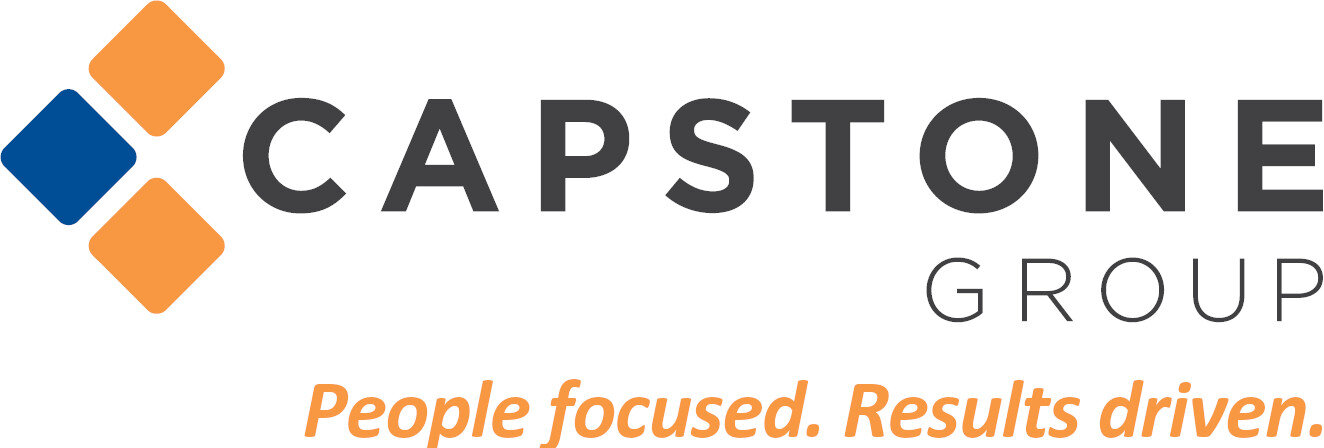The desire to shop around and remarket your personal insurance policies (homeowners, autos, umbrella, etc.) annually is a common practice. Many policyholders believe that by seeking out new quotes and potentially switching providers, they can secure lower-cost policies. This can certainly be the case but there are several other factors outside of cost that need to be considered when making these decisions. I strive to advise my clients that while there are times when this strategy can be advantageous, it’s essential to recognize that it’s not always beneficial to remarket your insurance policies every year. Here are a few things to keep in mind when making these decisions:
1. Risk of Coverage Gaps
Every insurance policy is unique, tailored to the specific needs and circumstances of the policyholder. Switching providers annually increases the risk of coverage gaps. New policies may have different terms, conditions, or coverage limits, leaving policyholders vulnerable to unexpected risks. Constantly changing policies without a thorough understanding of the terms can result in inadequate coverage.
2. Underestimating the Value of the Relationship:
Establishing a long-term relationship with an insurance provider often comes with “intangible” benefits. Policy holders may not feel that loyalty directly, but it does provide us as the agent some additional bargaining power if and when needed, such as more personalized services, faster claims processing, and a deeper understanding of the policyholder's unique needs. Constant changing of carriers sacrifices the potential benefits of building a strong rapport with an insurance company.
3. Loss of Loyalty Benefits:
One of the primary drawbacks of regular policy remarketing is the potential loss of loyalty benefits. Insurance providers often reward long-term policyholders with loyalty discounts, reduced deductibles, or other additional benefits. By switching providers each year, policyholders may forfeit these benefits, ultimately negating any potential savings gained from the switch.
4. Long-term Premium Stability:
While the idea of securing a lower premium today is appealing, it's crucial to consider the bigger picture and longer-term effects. Some carriers are able to offer discounted premiums for new business, but then deliver large increases to at the first renewal cycle. Those policy holders now have a new (higher) benchmark to replace, as opposed to a lower average increase if they were to have remained with their previous carrier. Furthermore, if a policyholder is then to incur a claim during the first policy term with a new carrier, they risk potentially having their insurance cancelled which would make finding replacement coverage even more difficult and costly; a situation that can typically be explained and avoided when having a longer relationship with the same carrier.
Conclusion:
While the price is undoubtedly a crucial factor in choosing an insurance policy, it’s essential to consider the overall value of the coverage. Opting for the cheapest policy every year may leave you exposed to coverage gaps , insufficient protection, higher long-term premiums, and the inability to receive the best outcome to unforeseen claims situations. It’s crucial to strike a balance between cost and coverage, focusing on long-term security rather than short-term savings.
Contact Us:
Gina Doyle
Sr. Account Executive, Private Client Advisor
Office: 215-542-8030


